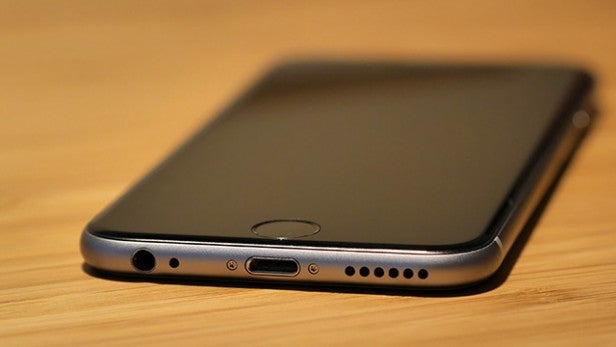Apple patent points to superior speakers in future iPhones

A new patent awarded to Apple suggests that future iPhones could have superior speakers, despite being notably thinner.
Apple appears to be on a drive to to overhaul the music output capabilities of its smartphone range.
Numerous reports of late have suggested that Apple is looking to ditch the 3.5mm headphone jack from the iPhone 7 and beyond. Instead, the company will utilise its Lightning port for headphones, allowing them to incorporate higher-quality audio and noise-cancellation technology as standard.
It seems the company is also looking to address the external speaker technology on its phones, judging from a recent patent.
As 9to5Mac points out, the patent application outlines the problem of creating high-quality sound in an extremely slim device. Speakers tend to need a certain quantity of internal space in which to push around air, which obviously becomes constrained in slimmer devices.
Apple’s patent “pertains to a portable electronic device that provides compact configurations for audio elements.” The wording is slightly confusing, but it seems to relate to forming an “audio chamber” for pushing around more air using the iPhone’s internal components – essentially using the circuit board as part of the speaker.
Related: iPhone 6S review
At least, that’s how we understand it. The patent also mentions that the technique could be used to improve the microphone’s performance.
Whatever Apple’s plans, it seems clear that increased audio performance will be a major feature of future iPhones.
Next, check out our smartphone buyers guide video:


